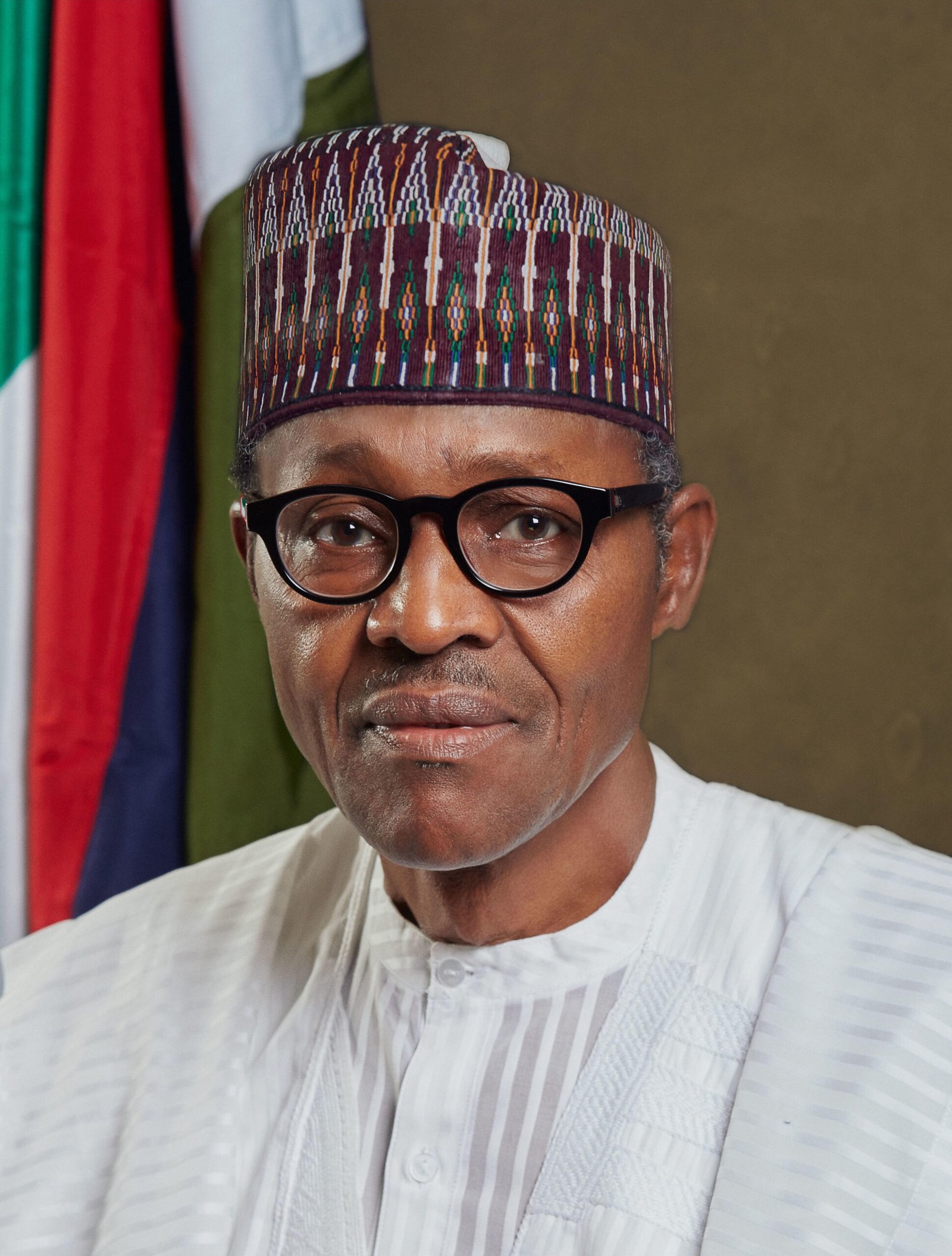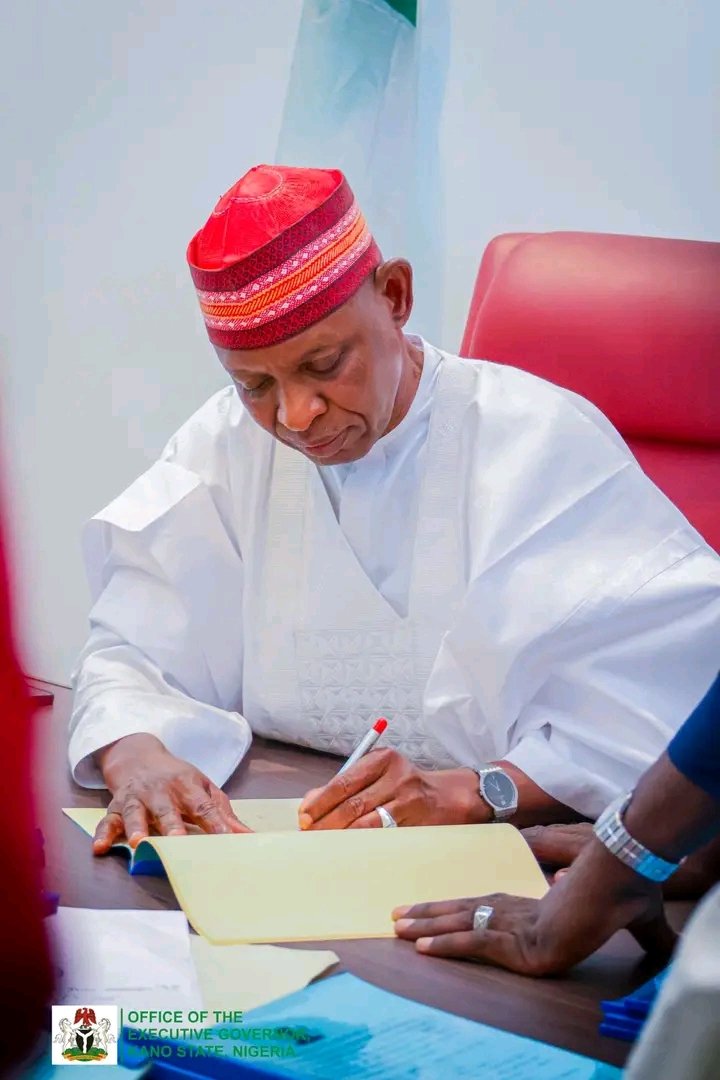Korede Abdullah in Lagos
Former Nigerian President Muhammadu Buhari, who once vowed to revitalize the nation’s ailing institutions and eradicate medical tourism for the political elite, died on Sunday in London after a prolonged illness. Succumbing to death in a London hospital about two years after leaving office as president of Nigeria – Africa’s most populous country symbolized his long struggle with ill health.
He didn’t go beyond statements about revitalizing the health systems by effective execution of his vision of eradicating medical tourism.
Buhari’s death at the age of 82 in a private clinic on Sunday afternoon has ended years of speculation, secrecy, and whispered rumours that trailed his recurring absences from office due to undisclosed ailments.
Africa Health Report (AHR) gathered that the cause of death was Leukaemia, a form of blood cancer that had silently plagued him for years. This has not been made officially public, but it helps explain the frequent, long medical trips and progressive decline in his health since 2017.
Onset of Illness in 2017
Buhari’s health troubles escalated sharply in early 2017, marking the beginning of a long period of uncertainty and national anxiety. In January, he first announced a 10-day medical leave to the United Kingdom for what was described as “routine check-ups,” but his stay was soon extended amid growing rumours of severe illness.
In February of the same year, he formally requested additional time away from office and remained in London for about 51 days — the longest absence by a sitting Nigerian president at that time. After briefly returning to Abuja in March looking visibly frail and speaking sparingly in public, Buhari departed again in May for further treatment abroad, leading to an unprecedented 104‑day absence.
During these extended periods away, Vice President Yemi Osinbajo assumed the role of acting president, steering state affairs and reassuring a restless populace. Despite mounting calls for transparency, the presidency refused to disclose the specific nature of Buhari’s condition, fuelling widespread speculation about possible cancer or severe organ failure, and igniting debates about constitutional provisions for presidential incapacitation.
Open Secret Struggle Behind Closed Doors
Throughout his second term (2019–2023), Buhari continued to shuttle between Abuja and London for medical reviews, even as critics mocked the irony of a president championing local healthcare reforms yet relying on foreign hospitals.
Insiders revealed that only a tight inner circle knew the full extent of his condition. While state-run hospitals languished under strikes and underfunding, Buhari’s recurring London trips quietly became a symbol of Nigeria’s unresolved healthcare inequalities, and a sore point in his public legacy.
His absences often fueled rumours of a power vacuum in Aso Rock, with some alleging that key decisions were stalled or hijacked by unelected aides and kitchen cabinet members.
Despite official denials and carefully staged public appearances on his return, the secrecy surrounding his health only deepened public mistrust, sparking debates about the right of citizens to know the true state of health of their elected leader.
Buhari’s health journey illustrates the cost of opacity in public office. His undisclosed illness and extended absences fostered mistrust, stoked rumors—even of a “body double”—and fed criticism of privileging foreign healthcare while domestic systems floundered.
Post‑Presidency Health Decline
After stepping down on 29 May 2023, Buhari largely stayed out of the public eye, splitting his time between his residences in Kaduna and his hometown of Daura. Close associates say he maintained a low profile, receiving only a few political visitors and family members. Despite his insistence on privacy, news of his frequent trips abroad for medical care continued to circulate.
By early 2025, it became apparent that his health had significantly declined. In April 2025, multiple sources confirmed that he had been flown to London under tight security for what was initially described as routine medical reviews but soon turned into an extended hospital stay.
Insiders revealed he was battling age-related complications, including a lingering undisclosed illness that had plagued him since his presidency. As his condition deteriorated, visits were restricted to immediate family and a handful of trusted aides, while the Nigerian presidency and his family remained tight-lipped about the severity of his state, fueling speculation and concern back home.
Tinubu Hails Buhari
In an official statement released late on Sunday, President Bola Tinubu’s office confirmed the death of the former President in London. The statement read: “President Muhammadu Buhari passed away peacefully at about 4:30 p.m. today in London, United Kingdom, following a prolonged illness.”
The statement further added: “President Tinubu extends his heartfelt condolences to the family of the late former president, the government, and the people of Nigeria. He urges Nigerians to honour Buhari’s legacy of service and pray for the repose of his soul.”
The Passing of a Controversial Statesman
At age 82, Buhari’s death in a London hospital marks the end of a long and turbulent public life. He served as Nigeria’s military head of state from 1983 to 1985 and later as the democratically elected president from 2015 to 2023, campaigning on anti‑corruption and security platforms, yet leaving office amid economic recession, escalating violence, and criticism of authoritarian tendencies.
Politically, Buhari’s term saw a paradox: steadfast anti‑corruption rhetoric paired with economic and security failures. His legacy is one of dualities—seen as incorruptible hero by some, authoritarian failure by others. His health saga only amplified the ambiguity of his record.
Finally, his passing in London—a place he spent months of his presidency hospitalized—adds a poignant final chapter. He died abroad, after an extended period away from Nigeria’s public life and institutions. That detail underscores continuing concerns about governmental transparency and resource allocation towards health care for the average citizen.
As calls for his body to return home for Muslim rites grow, Buhari’s death reinvokes debates on governance, public accountability, and the responsibilities of service. His life and death serve as a lasting lesson on how personal health can shape—or unmake—a public career.



